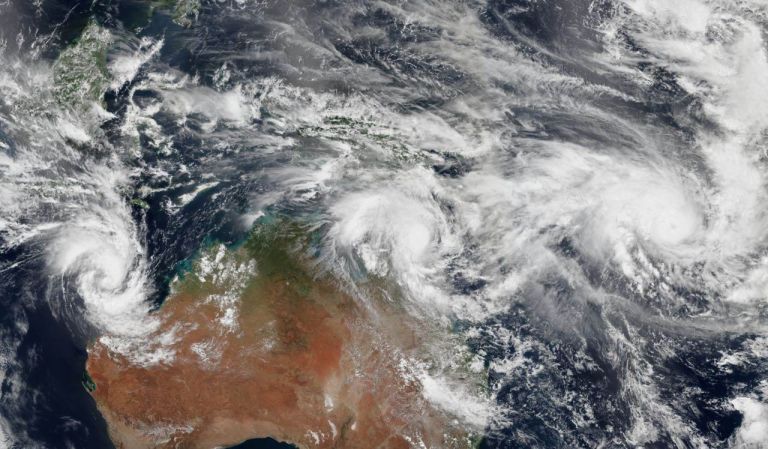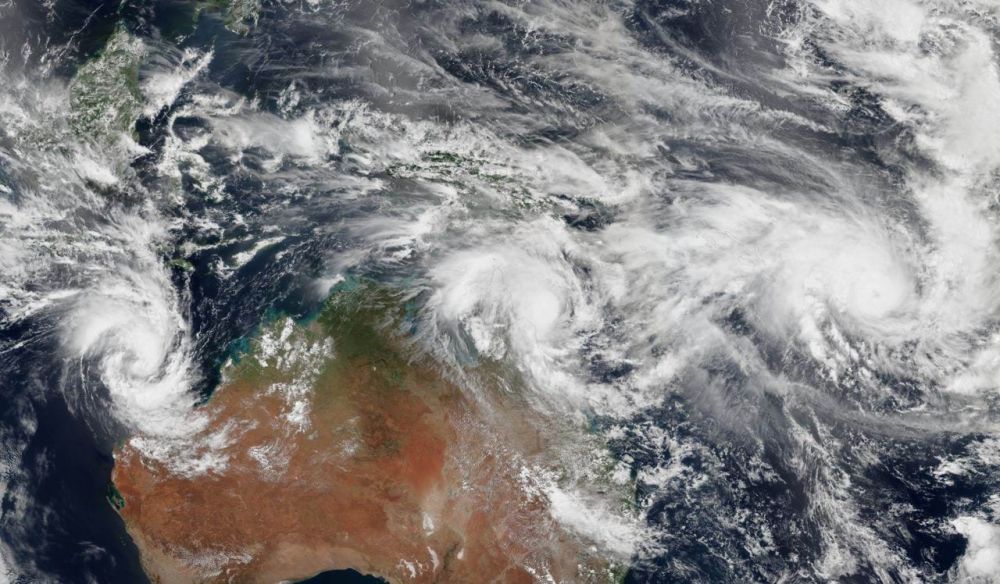Hazards Tropical cyclone and severe wind
Page last updated:12 January 2026
Geoscience Australia’s Community Safety team supports Australia’s ability to manage the impact of tropical cyclones and severe wind, and helps inform decisions about risk.
We contribute to each stage of the emergency management cycle to help improve preparedness, response and recovery with our focus on contributing towards community safety.

Our role
We develop national-scale tropical cyclone wind hazard assessments of severe events to evaluate the likelihood and magnitude of tropical cyclone events.
Our local impact models provide vital information to help communities plan for and reduce the impacts from the threat of tropical cyclones.
We provide data that helps evaluate local wind speeds over topography and different land cover types and house over 160,000 plausible future tropical cyclone scenarios that can be used in cyclone risk management and planning.
Our Hazard Impact Assessment brings together hazard, exposure and vulnerability data in one piece of software to calculate damage caused by a natural hazard.
These products, tools and data provide better understanding of hazard vulnerabilities for all sectors to plan, prepare and reduce exposure to natural hazards improving preparedness now and into the future.
Top products

Case study Partnering with QFES for tropical cyclone hazard assessment
How science and data were combined to help Queensland’s emergency managers plan for and reduce the impacts of tropical cyclone hazards.



